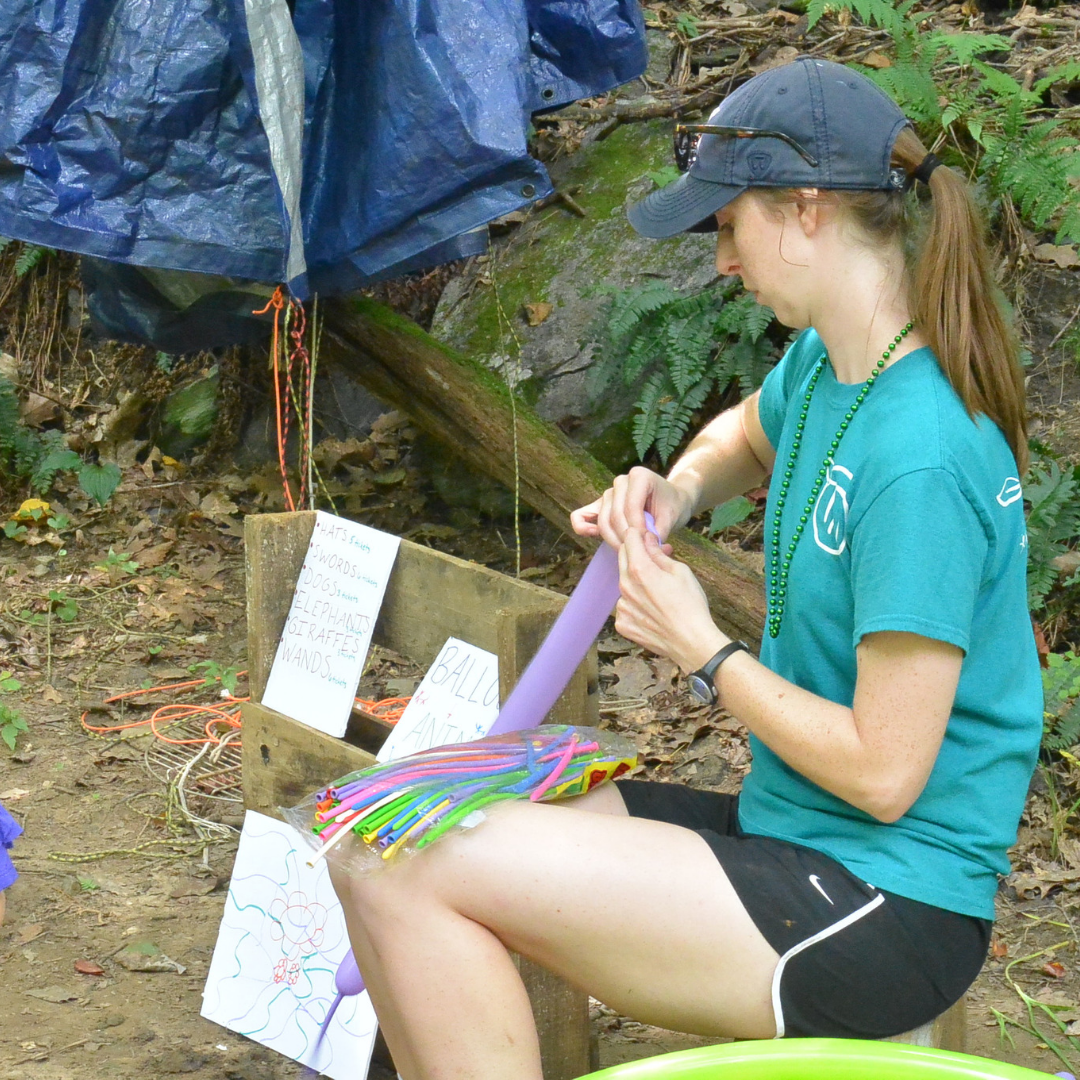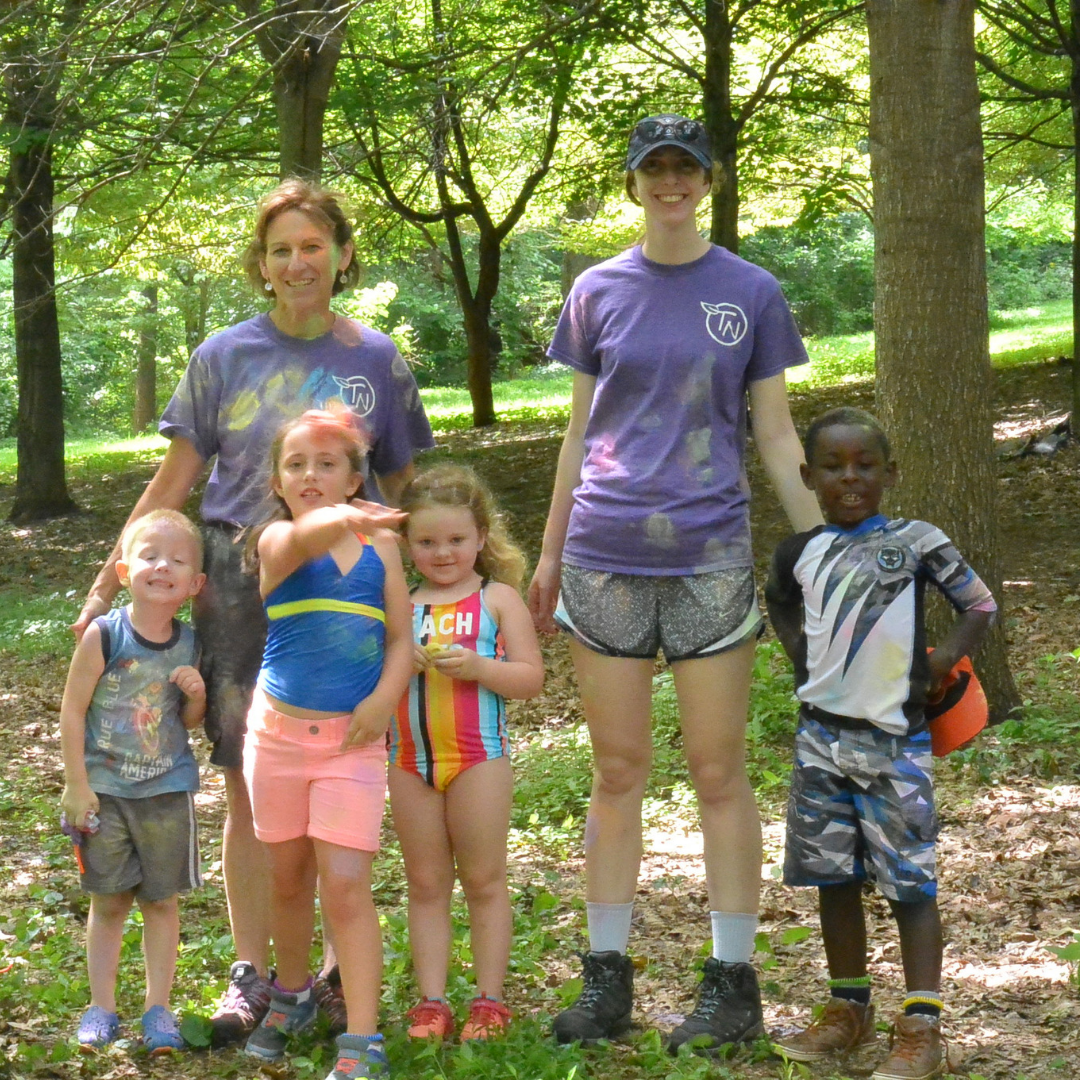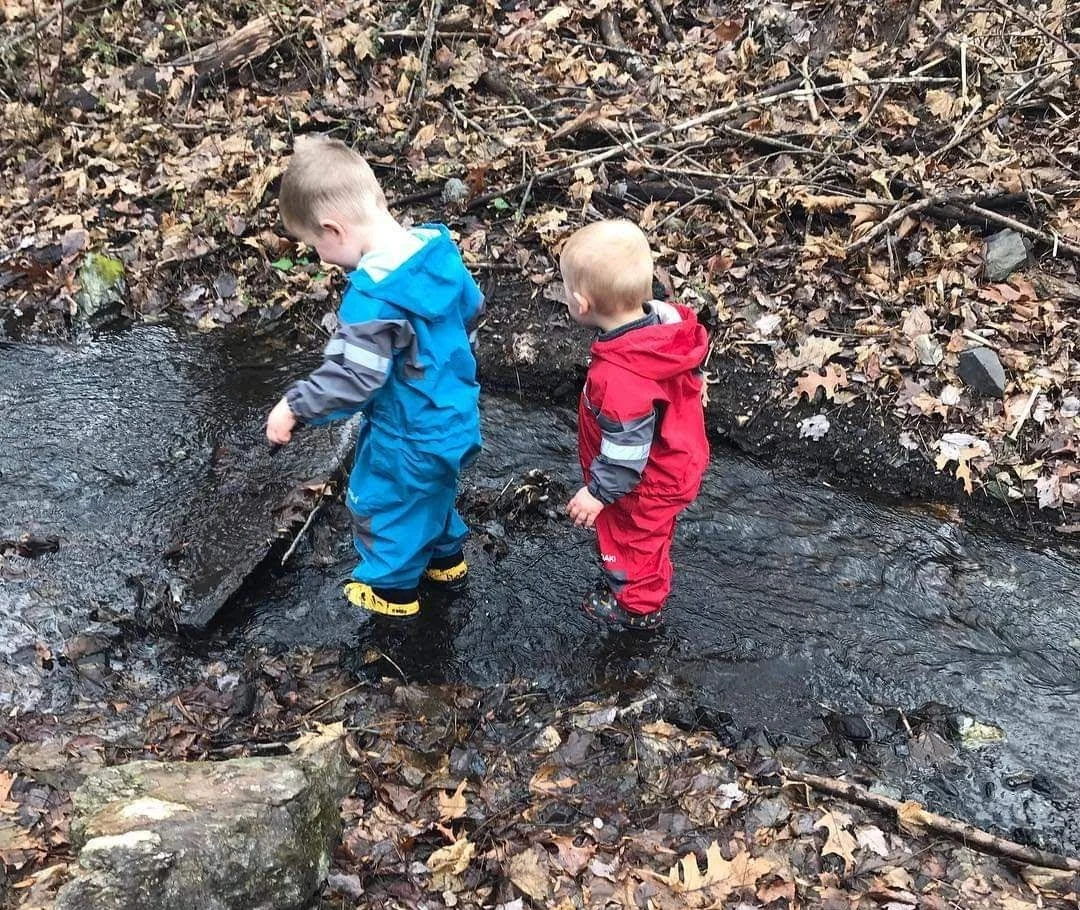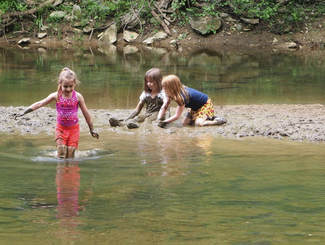If you have toddlers, dinner is not only a time to connect, it is a good time to establish boundaries, practice social skills and continue the learning process. Routines, such as family meals, are like an anchor in today’s stressful world.
Aside from being a place for connection, mealtime it is a place for good conversation. Conversations are hard to come by these days. I am talking about face to face conversations. Learning the art of conversation is a life skill that is often overlooked in today’s world of texts and social media. Learning to wait your turn, using respectful words, showing interest in what others have to say, are all important skills that can be reinforced at the family table.
Learning and humor can also be a fun part of mealtime. As our kids were growing up, my husband would always come to the table with a fun fact he had heard on the radio or read in the newspaper. Other days he would bring a trivia question. The kids were always excited when he announced it was going to be a “money question” that night. While the prize didn’t often go higher than a quarter - or on a high stakes night, a dollar - the kids were always eager to make an attempt at the test of knowledge. And humor? What better place for dad jokes to come out than dinnertime??
Giving kids the opportunity to share what they learned that day, not only gives them a boost of self-confidence, it gives you a chance to check up on what they are learning and what is happening at school.
Whether we like to admit it or not, it is much easier to eat healthier food when we are eating at home. While it does take more planning, homemade food is a much better option than the drive thru or pizza delivery. Not only does it taste better, when we are feeding ourselves and our children well, it is better for our overall health and thinking ability. Try some new things. Be a little adventurous. With inventions like the crockpot and the instant pot, it doesn’t even have to take up much of our time.
A conversation about what constitutes a healthy meal is for another time but keep these things in mind: Colorful meals are more appealing and generally more healthy. Fill half your plate with fruits and vegetables and the other half with protein and grains. Try to steer away from sugary drinks like soda or sports drinks. If you want to add to the connection factor, get your kids involved in helping you prepare the meal. Cooking together can be fun - and yet another life skill to pass along.
So in a world where busyness is the norm, I encourage you to make family dinner a priority. I know it can’t happen every night, but try to do it as often as you can. You and your kids will reap some long term benefits from the time spent connecting over a meal.






















